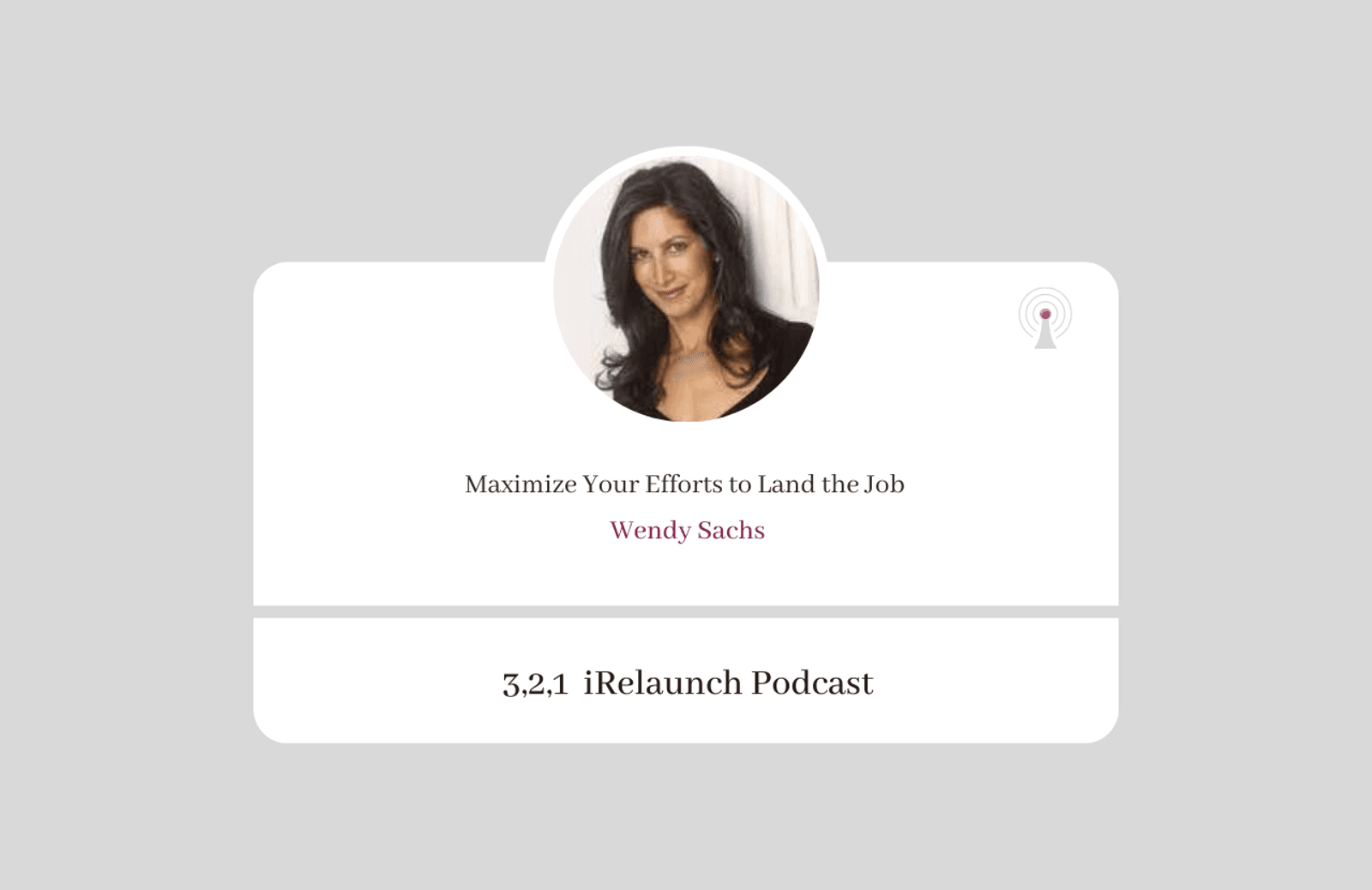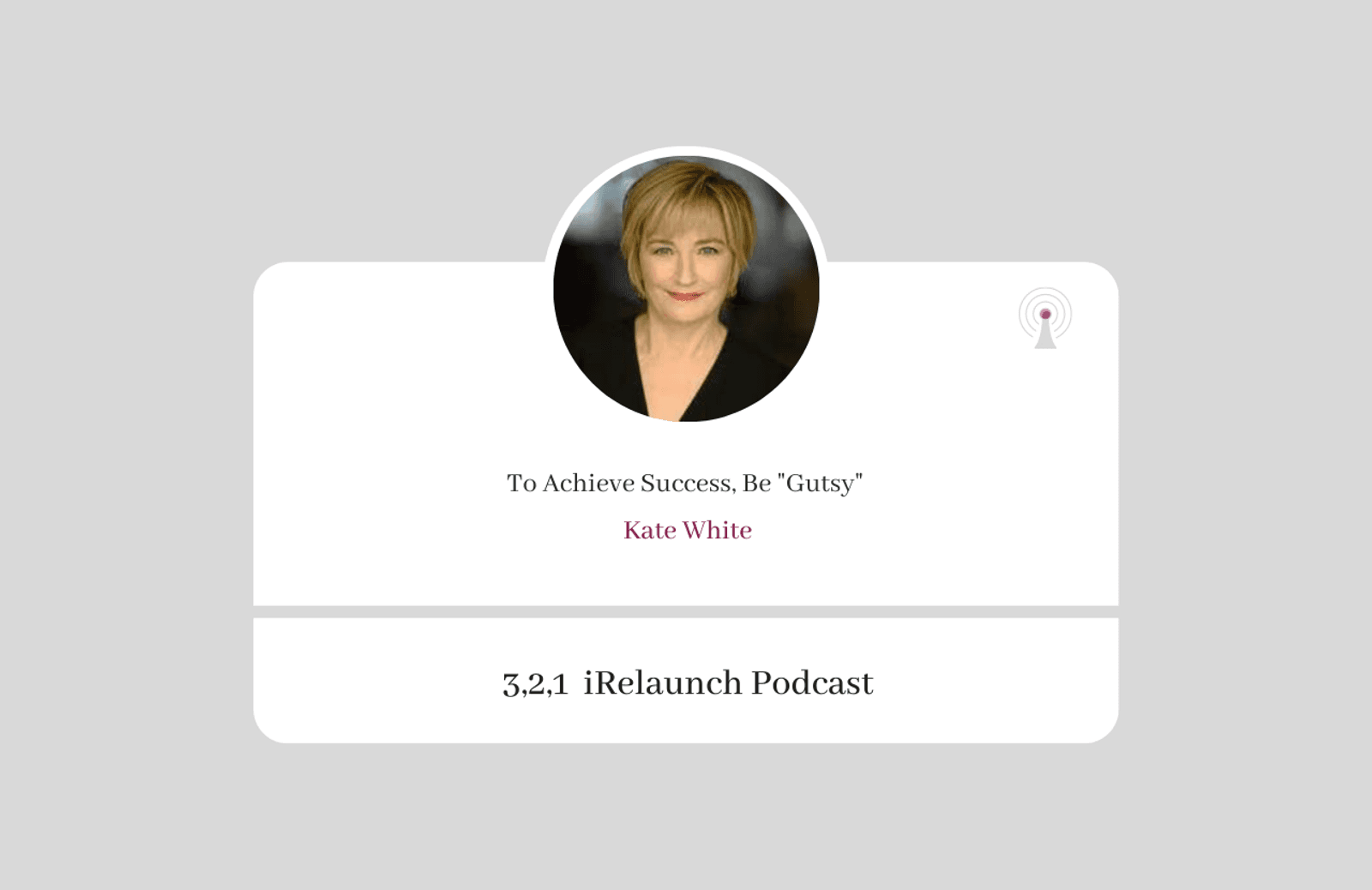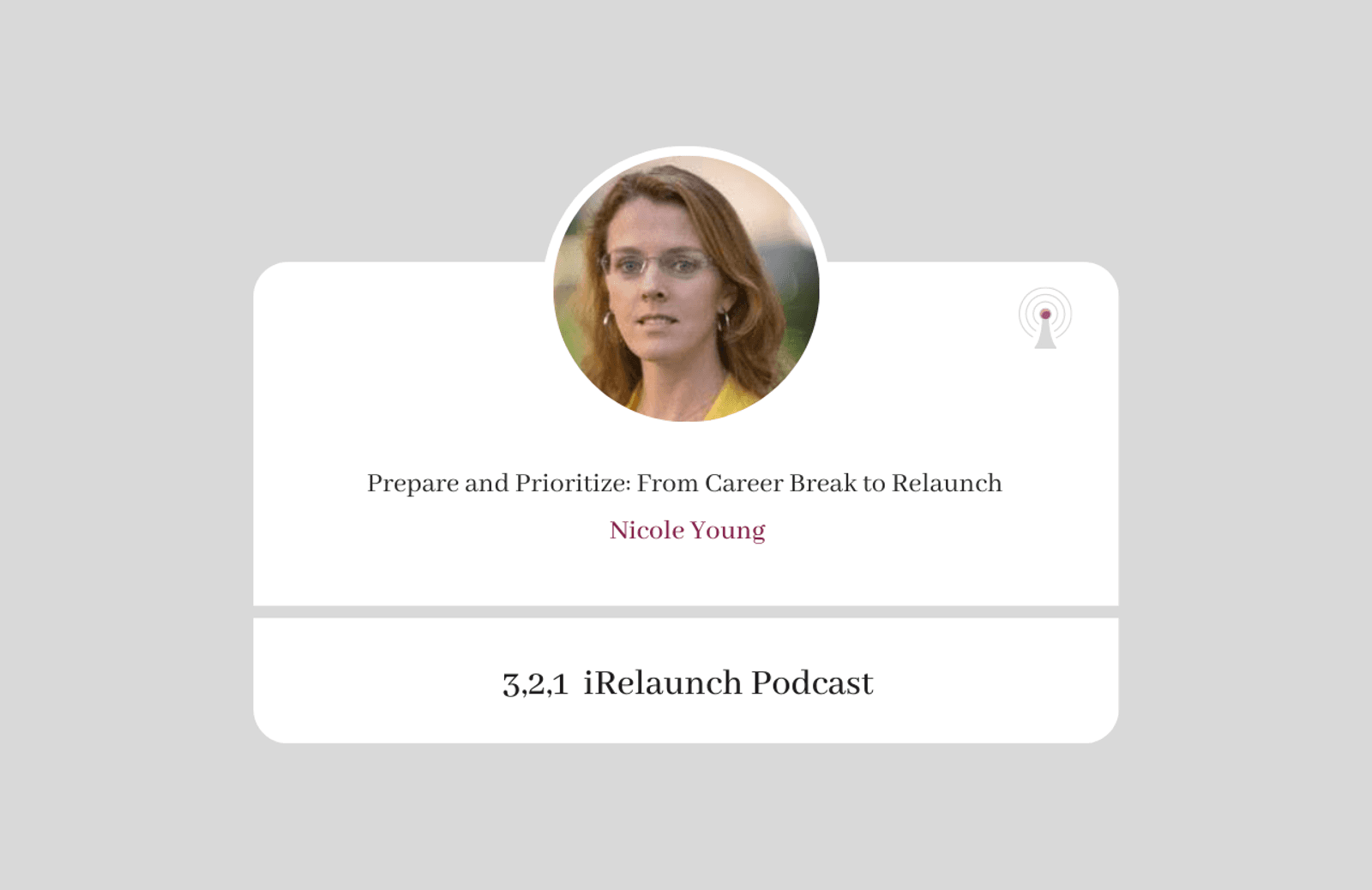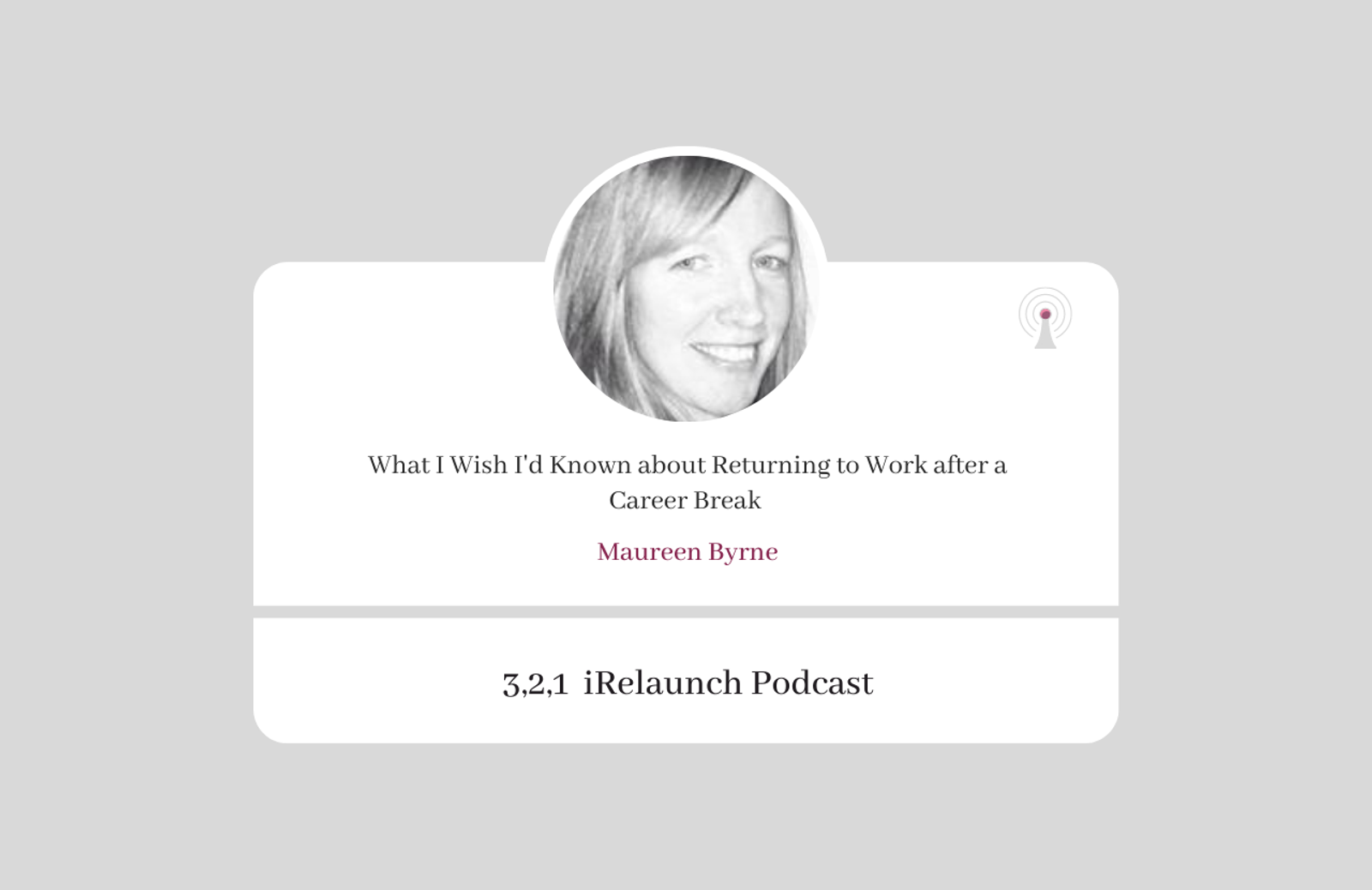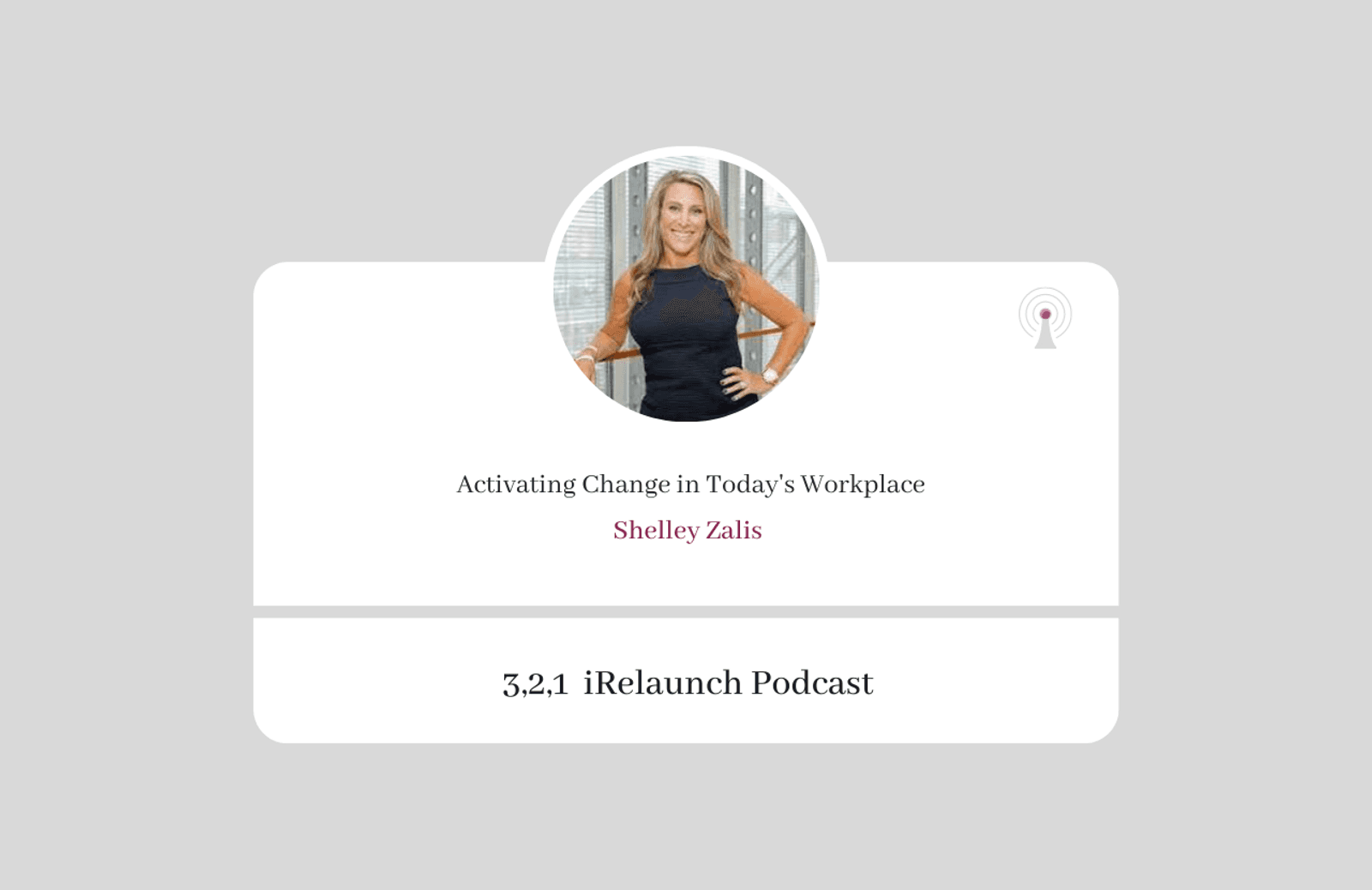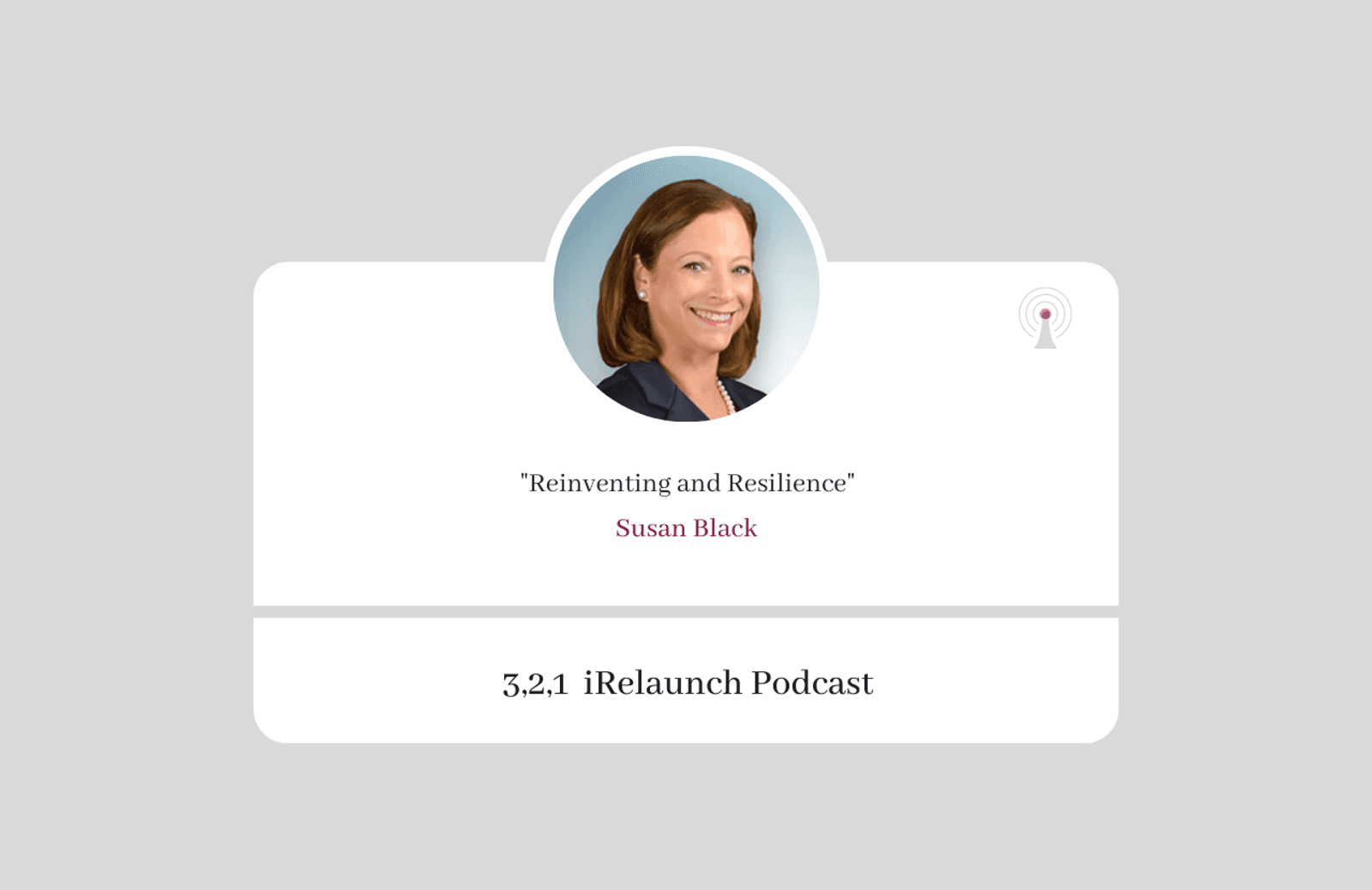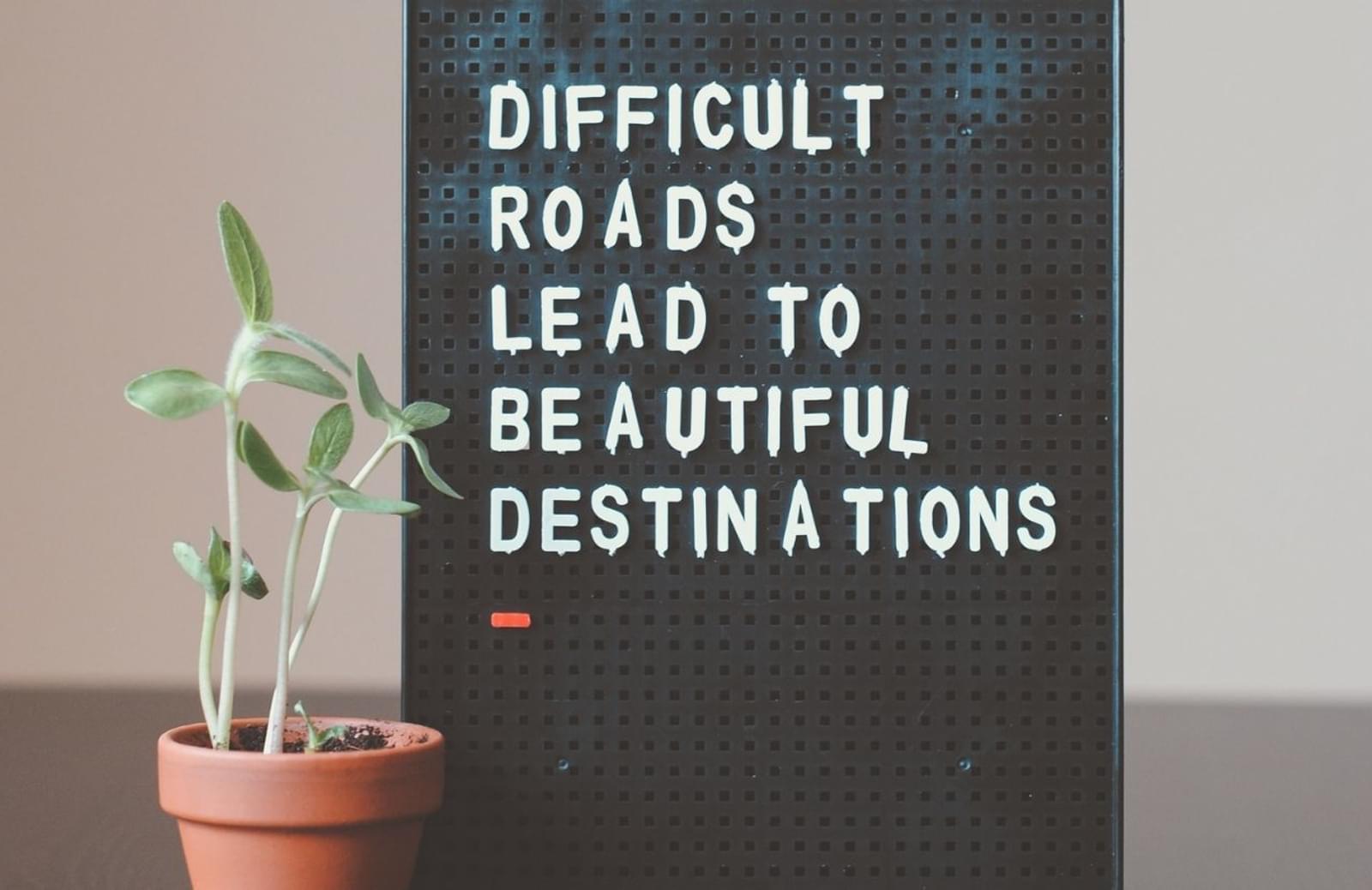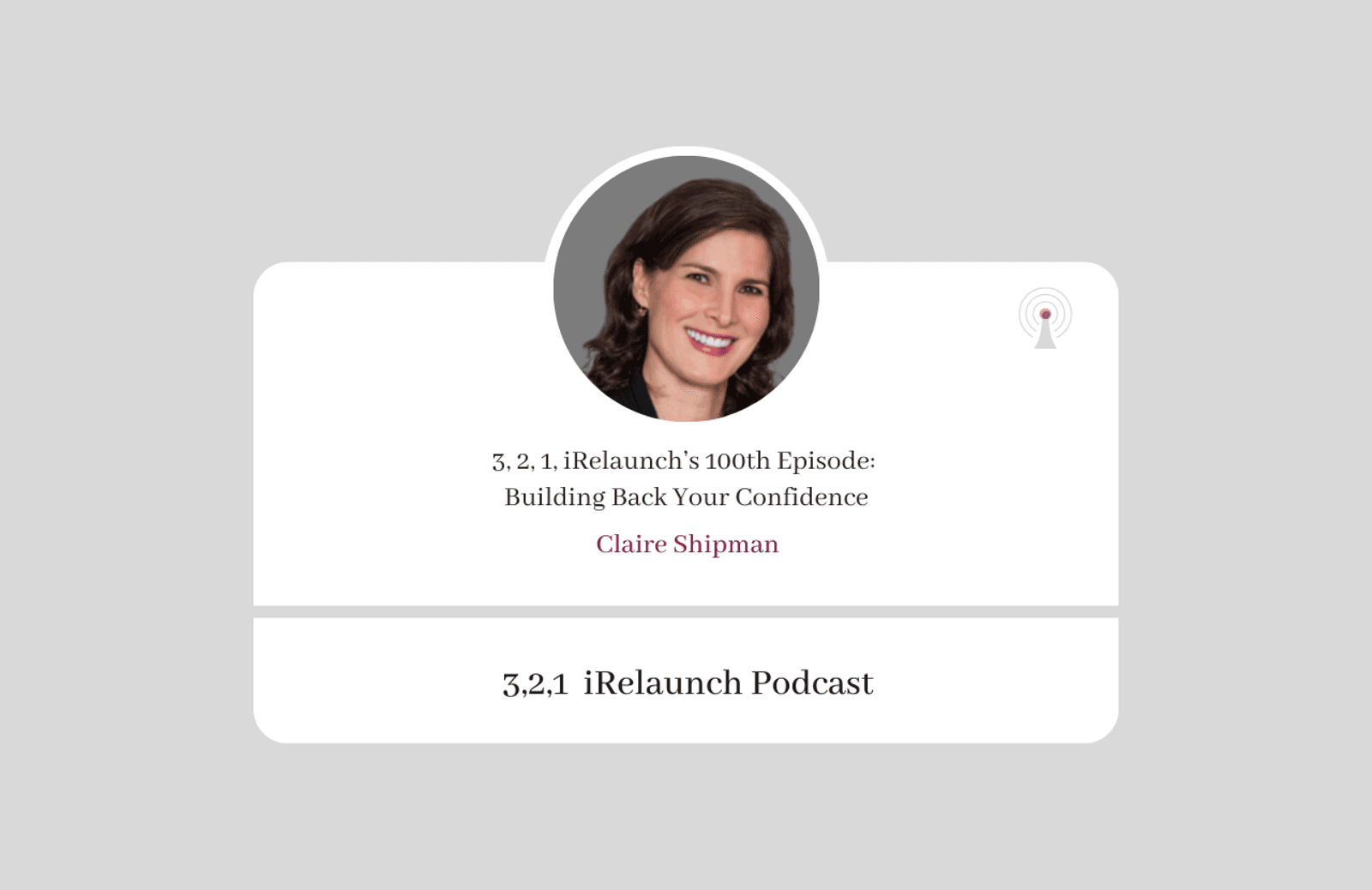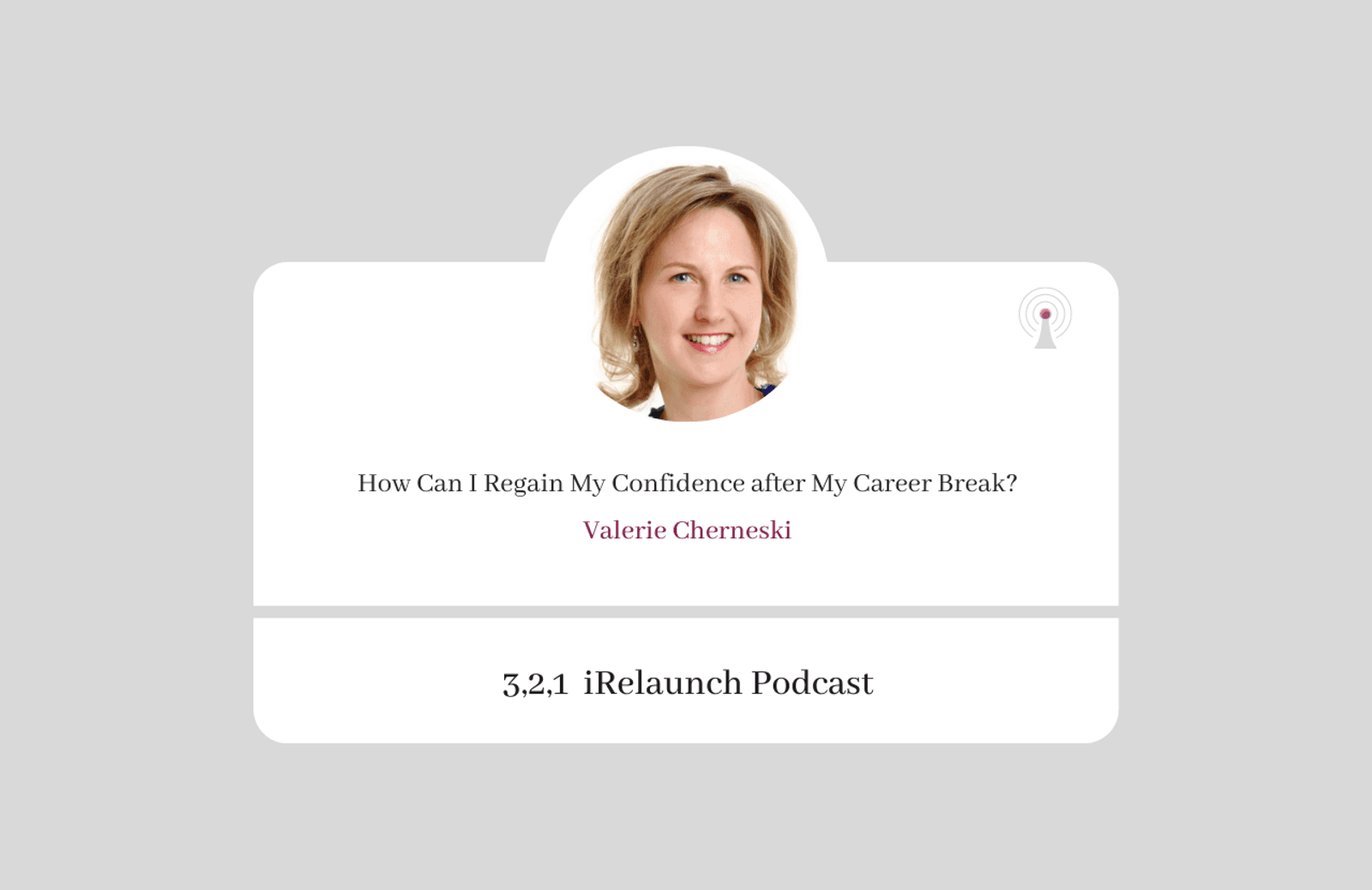
The perpetual journey to overcome imposter syndrome
Why is this so hard for most people to admit? Especially in times of uncertainty or crisis, like the state of the world today, it can be difficult to come forward and acknowledge our own limitations and inexperience in knowing “the right way” to navigate one’s life, career, family dynamics or any number of curve balls tossed our way for fear of seeming incompetent or incapable.

By now, many of us are likely acquainted with the phenomenon of imposter syndrome. The concept has entered into the vernacular of corporate-speak as well as the self-help industry due to increased coverage, research and documentation on this topic over the past decade. The more people I meet, the more conversations I have, I’m convinced that (almost) everyone experiences imposter syndrome to some degree (full disclosure: I have not met Michelle Obama, but would jump at the opportunity to do so).
For those who aren’t acquainted with the term - first of all, acknowledge that it’s perfectly okay to admit that you have no idea what imposter syndrome is. Don’t fall into the trap of assuming you should know something simply because I insinuated its existence in mainstream culture before comprehending what imposter syndrome actually is (and how to combat it.) As I’ll discuss in a bit, you cannot and should not expect yourself to know everything about everything.
Imposter syndrome is meant to describe the thoughts and feelings one experiences when they believe they are not as [fill in the blank] as people think they are or perceive them to be.
If you’re a visual learner like me, here’s the best analogy I can offer up for how imposter syndrome manifests in my brain. In my psyche, and I imagine many others, imposter syndrome is often a constant and unpleasant contest of an internal monologue that is a hybrid between a game of Mad-Libs and a word search.
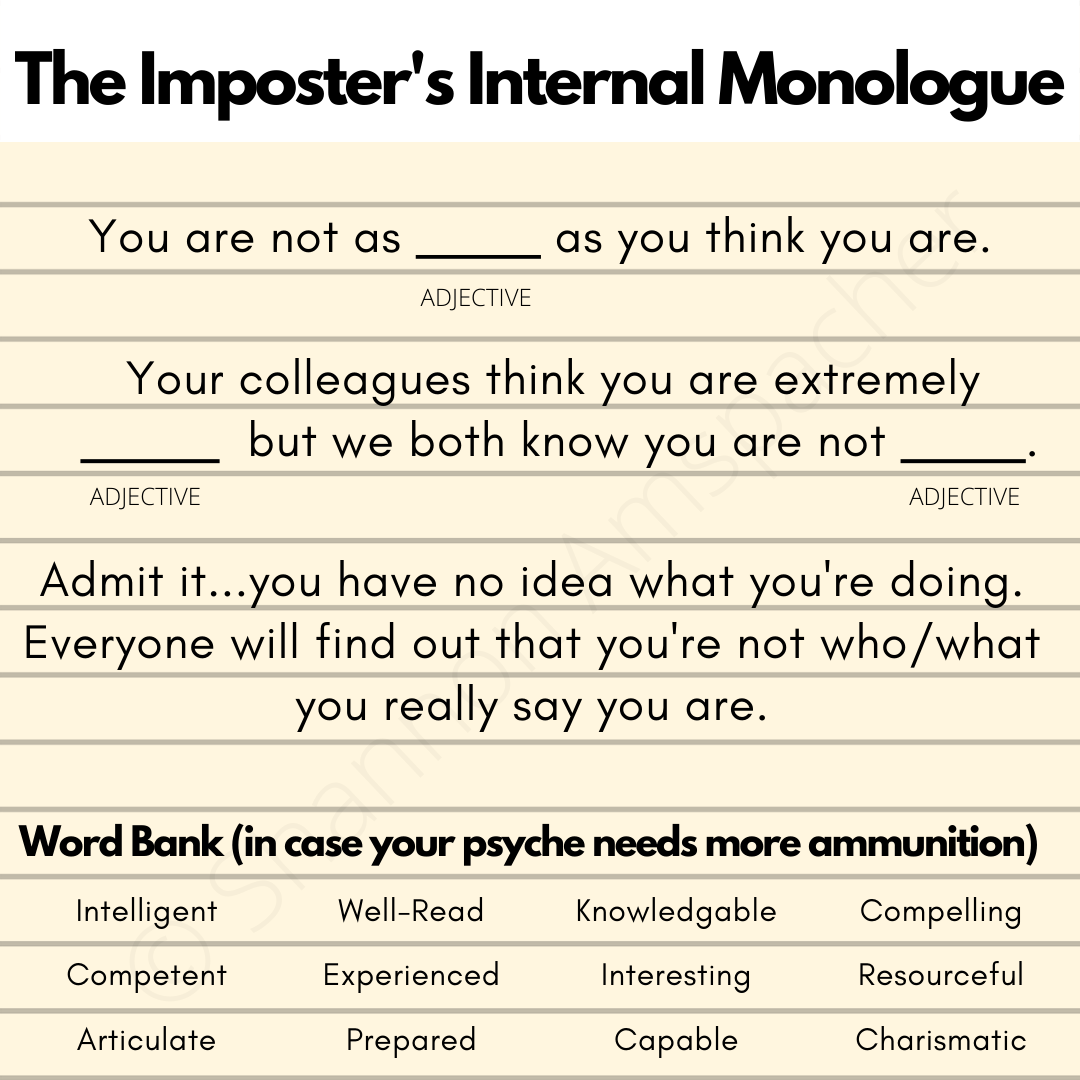
Sound familiar? The good news is - you’re not alone. More than 70% of people in the United States have reported feeling like a fake at least once according to a study published in the International Journal of Behavioral Science.
Imposter syndrome has been a part of my past, is a current challenge for me in the present and is something I’m certain I will need to battle against in the future as well. At first, I didn’t start writing or sharing my commentary on current events and research because I didn’t think anyone would care what I had to say, or I didn’t think I had anything of substance to say.
The “what-ifs” rolled in…“what if I don’t have anything insightful or profound to contribute? What if I sound stupid? What if people find out I don’t know the things I should?”
Classic imposter syndrome. It presented itself in ways where I told myself (and even made myself believe it) and convinced others around me that I wasn’t ready for certain challenges. That I couldn’t handle it, that I wouldn’t like it, or I wasn’t prepared because I was afraid to fail.
What’s ironic about convincing ourselves and others to doubt our abilities is the interaction of imposter syndrome and our personal brands. I find that often it’s precisely because we want so badly to be the things our imposter syndrome tells us we aren’t or to be seen as such among our peers, that we are so sensitive to our perceived shortcomings in these areas. It’s why we carefully curate and cultivate our personal brands to reinforce the very things our brains are telling us we are not. I speak to this point a bit more later on.

The fear associated with imposter syndrome -the imminent threat that you are about to be uncovered as fraudulent, about to be found as an imposter living among all the other yellow tulips - is all too common of a response. However, in Dr. Laurie Santos’ Yale University course on “The Science of Well-Being” (available on Coursera for free), she discusses what she calls the “annoying feature of the mind that actually leads us astray,” and I’d like to hypothesize that this so-called annoying feature is at play when it comes to believing what our mind is telling us about our imposturous inclinations.
“The fact is that the mind all the time is delivering to us these intuitions about what’s going to make us happy, what’s correct...all those intuitions that are just wrong. Sometimes our mind delivers to us stuff that is factually incorrect.”
These intuitions our mind is sending to us about our inadequacy or deficiencies, especially in the realm of our chosen expertise, are erroneous and unfounded. An encouraging notion to be sure, but how does one turn this perspective into practical application? How do you leverage this conviction to fight your imposter syndrome, to create momentum and to build up confidence and resilience?
I offer up some strategies that have helped me along the way.
Strategy #1: Reframe into a growth mindset.
There’s a lot of truly fantastic research into growth mindset and the benefits of identifying fixed-mindset triggers, gaining influence over those negative self-narratives and reframing them into a more positive context.
- “I get to showcase my experience...not I have to write a resume…”
- “I’m not nervous...I’m excited about this job interview…”
By co-opting uncertainty or the prospect of failure into one of potential for opportunity, for innovation or for growth, you “reverse psychology” those factually incorrect intuitions our minds are telling us and rewire these inclinations to see possibility instead of ambiguity.
Be willing to try something different and don’t be afraid to fail. You’ve heard it several times by now I’m sure: success doesn’t come without failure and failure doesn’t come without trying something new or different.
One way the adoption of a growth mindset has shown up for battle against my imposter syndrome is when I’m presented with the opportunity to lead a project or manage a task that requires skills or knowledge of a certain software or technology that I do not currently possess. Rather than dwelling on my inexperience with the specifics, I recognize this as an opportunity to grow, to make an honest effort to figure out the problem first, and to train myself to first be self-sufficient on my own initiative and curiosity and then come back with questions.
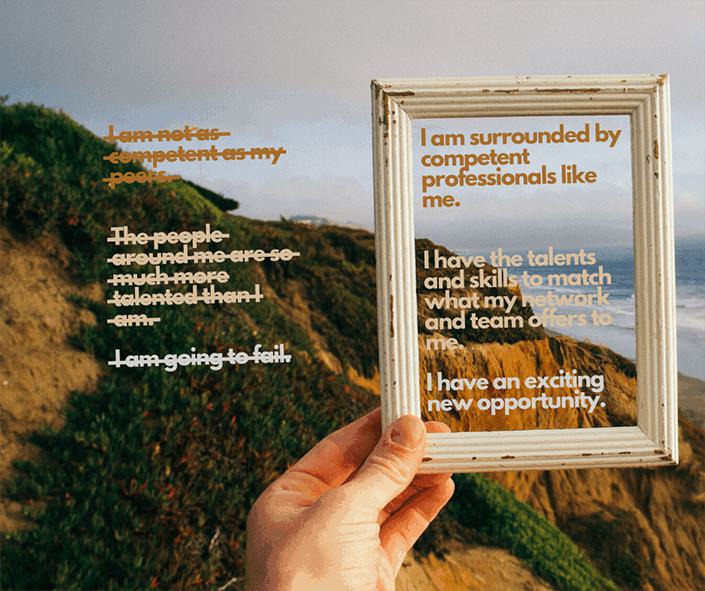
In addition to proving to yourself that you are capable of learning something new (and building the confidence that comes with that realization), you’re also proving yourself to your team, regardless of the size of the team you work with. You’re also banking more individual and social capital with your colleagues, you’re differentiating yourself as someone who shows initiative and enthusiasm, who is resourceful and ultimately indispensable.
Strategy #2: Curiosity is the antidote.
I alluded to this in the first strategy, but recognize that curiosity, a desire to learn and having that growth-mindset, is one of the antidotes to imposter syndrome.
For me, my imposter syndrome mainly centers around my perception that I am not as knowledgeable as everyone else in their chosen fields. On the surface my mind recognizes the fallacy in this logic - of course I’m not an expert in all of those other topics or industries that are represented by those on my team, among my peers and throughout my network. Years and years of sustained interest, continuous curiosity and a desire to learn about these industries and topics are what makes everyone experts in their own right.
If my imposter syndrome is telling me that I am not as well-read (comparatively to those I view as experts in a particular field), and I have the desire to be perceived as an expert in that field, I reframe that argument in my mind to see that gap in knowledge as an opportunity to learn more and overcome said gap.
I make notes of topics I don’t understand, or on issues I want to learn more about, and then I go into research mode. I knock down each of these walls that my imposter syndrome puts up telling me I “should” know more about something as broad and far-reaching as “world history” by remaining curious and open to learning about “world history,” although maybe not every aspect of it and certainly not all at once. It’s about being kind and compassionate to yourself in your “ignorance” while remaining curious in your quest for knowledge.

Notice that curiosity is the antidote, not making generalizations or assumptions about yourself. Anytime you use the phrase “I should” like I did in the previous paragraph, there is an assumption about to follow it. Try (I know it’s hard) not to assume that because someone is using terminology you may be unfamiliar with, that you do not know what they are talking about. There are many ways to say the same thing, so fight the tendency (imposter syndrome) to feel shame in asking questions about what you do not yet know.
A tactic that has worked for me in attempting to balance the musings of my imposter syndrome with my insatiable desire to learn more is to practice “tsundoku,”otherwise known as collecting hundreds of books on my “to be read” bookshelves at home and thousands more on my “to read” virtual Goodreads shelf in my thirst for knowledge.
The visual representation of both the texts I have read serving as tangible proof of my existing knowledge, juxtaposed with the books I have yet to read containing an infinite volume of information that exists in the world, simultaneously reassures me that I can be secure in the knowledge I have right now, but there will always be more to learn.
Strategy #3: Take action.
Ask any of my friends, family members or teammates will tell you, I am a planner. I’m organized, methodical, analytical and I like to put plans in place. However, even the best laid plans do not lead to outcomes unless you take action.
The best example of this logic comes from James Clear’s book, “Atomic Habits” in which Clear makes an important distinction between motion vs. action.
“When you’re in motion, you’re planning and strategizing and learning. Those are all good things, but they don’t produce a result. Action, on the other hand, is the type of behavior that will deliver an outcome. If I outline twenty ideas for articles I want to write, that’s motion. If I actually sit down and write an article, that’s action.”
Much like the rest of the world, I often fall into this motion trap of being “so focused on figuring out the best approach that we never get around to taking action.”
James continues by asking the next logical and important question of why we fall into this motion trap if it doesn’t lead us to results.
“More often than not….motion allows us to feel like we’re making progress without running the risk of failure. Most of us are experts at avoiding criticism. It doesn’t feel good to fail or to be judged publicly, so we tend to avoid situations where that might happen. And that’s the biggest reason why [we] slip into motion rather than taking action: you want to delay failure.”
By now, the connection between taking action and combating your imposter syndrome (see: risk of failure, avoiding criticism, public judgement) should be apparent, but just in case it isn’t, here’s some more proof.
Two years ago, feeling unsettled and ready for a change but not sure what that change would look like, I was vacillating on whether or not to enter a business idea competition at my former organization (à la “Shark Tank”.) One of the ideas, inspired by Carol’s TED talk centered around initiating a return to work program at the organization, an idea I felt more compelled to and passionate about as I pondered it.
Once my submission was accepted, I came face to face with several bouts of imposter syndrome, repeating a “what have I done” mantra over and over. I felt ill-prepared to present to the entire company on a topic that was foreign to me. I needed to channel my curiosity and in that quest for knowledge, I chose to see an opportunity to reach out to the leading expert in the field...someone who, at the time, seemed like this “untouchable celebrity-esque figure” as the stars of viral TED talks appear to be.
Christine, my mentor at the time advised me, “what’s the worst that could happen? [Carol] says no, or she doesn’t respond and you move on.” I had to reframe the nervous feeling I had when hitting “send” on that email to one of excitement to be able to have the privilege to reach out to someone so knowledgeable on the subject (just as I will feel excited to hit “publish” on this piece when I complete it).
Taking that first step to reach out to Carol set in motion many subsequent actions that have led me to where I am today. I learned many lessons along the way, but the one I learned from this encounter with Carol was how to mitigate the fear of failure and rejection that my imposter syndrome was warning me to avoid. The next was that action breeds confidence in your knowledge, skills, experience and abilities and that confidence in turn breeds more action.
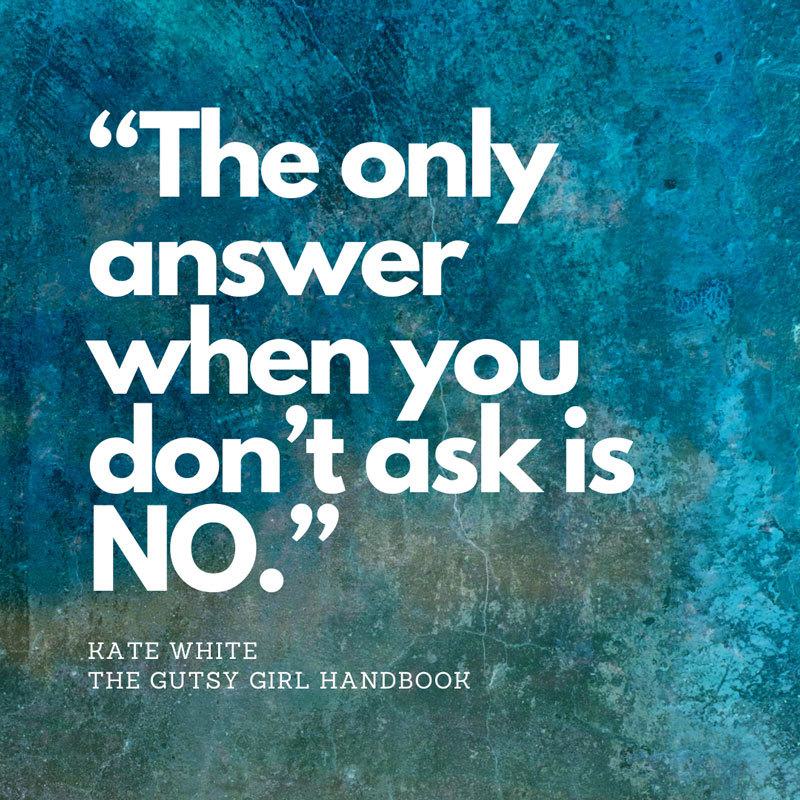
Strategy #4: Have conviction in your personal brand.
I’ve addressed the tendency of imposter syndrome to make one feel “less than” and shared some strategies to combat those sentiments by seeking out more knowledge, reframing your mindset and taking action to build confidence. But what about having confidence in what you already know?
You can keep a physical or virtual reminder of this in the form of a bookshelf or “personal brag file,” but you can also accomplish this with a strong conviction in your personal brand.
Our personal brand can be defined several different ways, but very simply it boils down to the reputation and impression we make on others. Our personal brand is the reason behind why we portray ourselves to be a certain way...we want others to think about us in the way in which we are portraying ourselves, we want to be known for the qualities we claim to have.
This is why it’s crucial to not only carefully develop and cultivate your personal brand, but also that you fervently believe it to be so. Since we are openly publicizing our personal brands and those qualities we claim to have to the world, our imposter syndrome tells us that we better really know what we are talking about or your reputation will be exposed for the imposter you really are.
This is why I've always felt uneasy with the advice of "fake it till you make it." If your inner monologue is telling you that you're faking it, you're constantly doubting your expertise and your ability to deliver value. Instead, recognize that you won't always have all the answers, but relish in the fact that you have an opportunity to be curious, to grow and to learn what the right answers are.
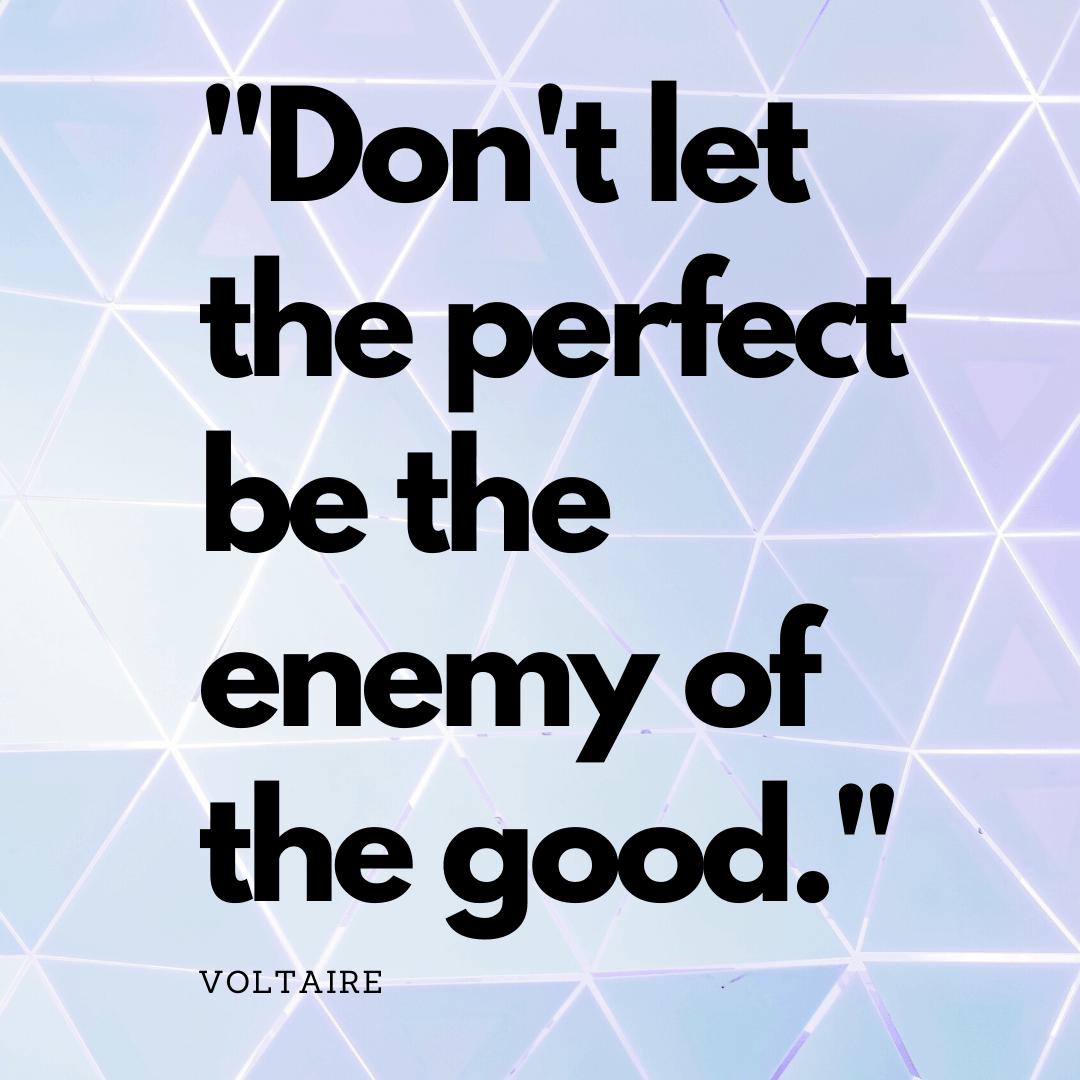
Fend off your imposter syndrome. Fight back against the internal monologue. Build up your confidence through reframing, through curiosity and through taking action. Stand proud in the knowledge, skills, experience and abilities you possess and ground your personal brand in that expertise.
I think it’s important to publicly announce: I have no idea what I’m doing. But I do think I’m doing a pretty good job at figuring it out one step at a time.
Resources
Further Reading…(contains affiliate links)
- Mindset: The New Psychology of Success by Carol Dweck
- Atomic Habits by James Clear
- The Confidence Code by Katty Kay and Claire Shipman
- The Gutsy Girl Handbook by Kate White
- Fearless and Free — How Smart Women Pivot and Relaunch Their Careers by Wendy Sachs
- The five types of impostor syndrome and how to beat them.
- How 9 female entrepreneurs turned imposter syndrome into a competitive edge
- 3 Steps to Beat Imposter Syndrome
- The key to defeating imposter syndrome
Further Watching…
- TED Talk Playlist: Talks to give you a confidence boost
- TED Talk Playlist: Talks for when you feel like you’re not enough
- Authentic Confidence Through Emotional Flexibility | Jacqueline Brassey | TEDxINSEAD

